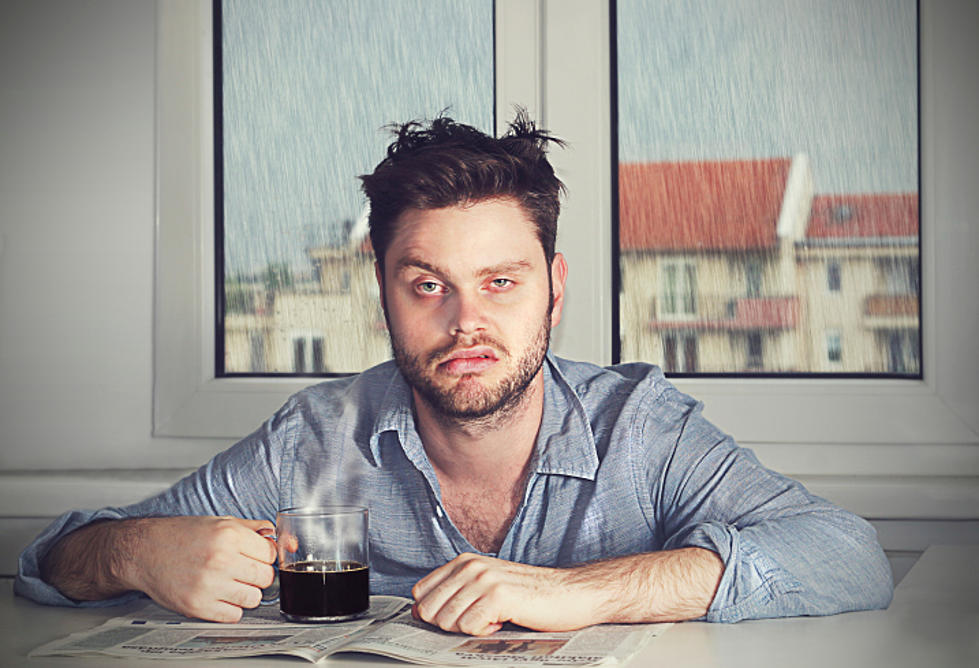The medical definition of sleep inertia, or sleep drunkenness, refers to a period of impaired performance and reduced vigilance following awakening from the regular sleep episode or a nap. This impairment may be severe, and it can last for a couple of minutes to a few hours. (Source: Science Direct)
Sleep drunkenness is often caused by one or a combination of the following factors:
- Getting poor quality or not enough Sleep
- Taking certain medications, including some types of antidepressants
- Having a sleep disorder like sleep apnea, restless legs syndrome, or insomnia
- Drinking alcohol regularly or have alcohol use disorder
- Having an irregular sleep schedule from shift work
(Source: Cleveland Clinic)
Sleep Drunkenness and Depression
Dr. Lynn Marie Trotti, an associate professor and resident of Emory Clinic in Atlanta, conducted a study regarding sleep inertia or sleep drunkenness and its relation to individuals with mental health conditions. (Source: Pub Med)
She conducted a study on 600 participants with unipolar depression. She noted trouble getting out of bed was evident in 74% of patients with unipolar depression, same as difficulty falling asleep (72%), remaining asleep (70%), and feeling sleepy (60%). (Source: Europe PMC)
Individuals with bipolar disorder and those at high risk of developing it are also more likely to experience difficulty walking and getting out of bed. In addition, on a 21-item sleep inertia questionnaire, depressed individuals reported higher levels of sleep inertia than those without depression.
Dr. Trotti noted in her research that depressed individuals who report difficulty getting out of bed also commonly report wishing not to wake up, which in turn leads them to feel dreadful about the day they will face. Dr. Trotti is continuing her studies and hopes to shed more light on the connection between sleep drunkenness and depression. (Source: Europe PMC)
How Can We Avoid Sleep Drunkenness?
There are several conscious actions we can take to help avoid sleep drunkenness. The human body is designed to trigger the want to sleep on a biological night. It may be at night or when our bodies are used to sleeping. We can avoid sleep drunkenness if we note the general hours when we feel sleepy and fall asleep or nap. (Source: Health Line)
Sleep Drunkenness can also be avoided simply by reducing the consumption of alcoholic beverages and caffeinated drinks hours before bedtime, by not using any devices at least an hour before bedtime, and by keeping your room dark and cool. (Source: Cleveland Clinic)
Sleep drunkenness is pretty standard, but we should take note if it is already interfering with how we live our lives, that is the time we should seek professional help. (Source: Health Line)
